My parents have always pointed out that there’s no instruction manual when you pack up that tiny newborn in that seemingly gigantic carseat and drive away with them from the hospital.
And that is crazy, right?
I mean, you have to take classes to be qualified for just about everything in the world, but parenting? Nope, just cradle that little precious bundle right on out into “real life” and hope it goes well!
Well, I’m here to say that it’s kind of the same when you send kids off, the brand-spanking-new-“adult” version of them, off into the big wide world.
I know there are some schools of thought about “parenting” being done and over with when kids leave home. You’ve worked your way out of a job. They’ve got this!
But my personal school of thought is that when they leave home, and forever and always, you will be their parent. Your love and connection will always be important to bind you together. The way you parent will need to shift and change, and they’ll start teaching you much more than you ever taught them, but you’re still forever and always bound together and I’m so grateful I get to be bound to these people I love so much.
Anyway, now that I have FOUR young adults (six if you count the in-laws), and sometimes I do want that “instruction manual” on how to go about this new territory, I’m always contemplating that balance.
I read this book last fall right in the middle of my what-balance-to-parent-young-adults quandary:

(It is so good and you can find it HERE and I learned so much since I hate to say it but I knew practically nothing about James A. Garfield, the 20th President of the United States.)
It isn’t, of course, about parenting. It is a pretty spectacularly well-researched historical sketch of President Garfield’s life. But since I was thinking parenting, of course, as things tend to do when you are thinking hard about something, one part really stuck out to me:
As the author was outlining Garfield’s growing up years, she talked about how he wanted nothing more than to simply “work the canals” when he left home. He had no desire to go to school.
But his mother knew an education would benefit him so greatly. To her, “education was salvation.” She wanted the very best for that boy of hers.
So when he was away working the canals for his first year, she worked her tail off to raise some money for his education: $17. A nest egg for the beginning of growing his mind. And when he came home and was offered that gift, he took it.
I just thought that was such a beautiful way to parent that young adult. He did what he wanted to do, but she was able to give him that gift and without pushing or prodding (at least from what I read), he was able to make that decision with a newfound freedom from his mother to make it happen.
I just thought that tiny part of the whole story was so incredible. The power to change the trajectory from a mother who most likely prayed and pondered about how to help that adult of hers.
Who knows how his life would have gone otherwise, maybe it would be wonderful in many other ways. Or maybe it would have still led to what he did through other avenues.
But I loved thinking of the love of that mother for that son of hers and how she believed in him and nudged him in such a beautiful way.
Lots more in that book that was so interesting, but that’s my little nugget to share for today.
Would love to hear other thoughts on “the best way to parent young adults,” because Heaven knows there are so many “right” ways!
XOXO
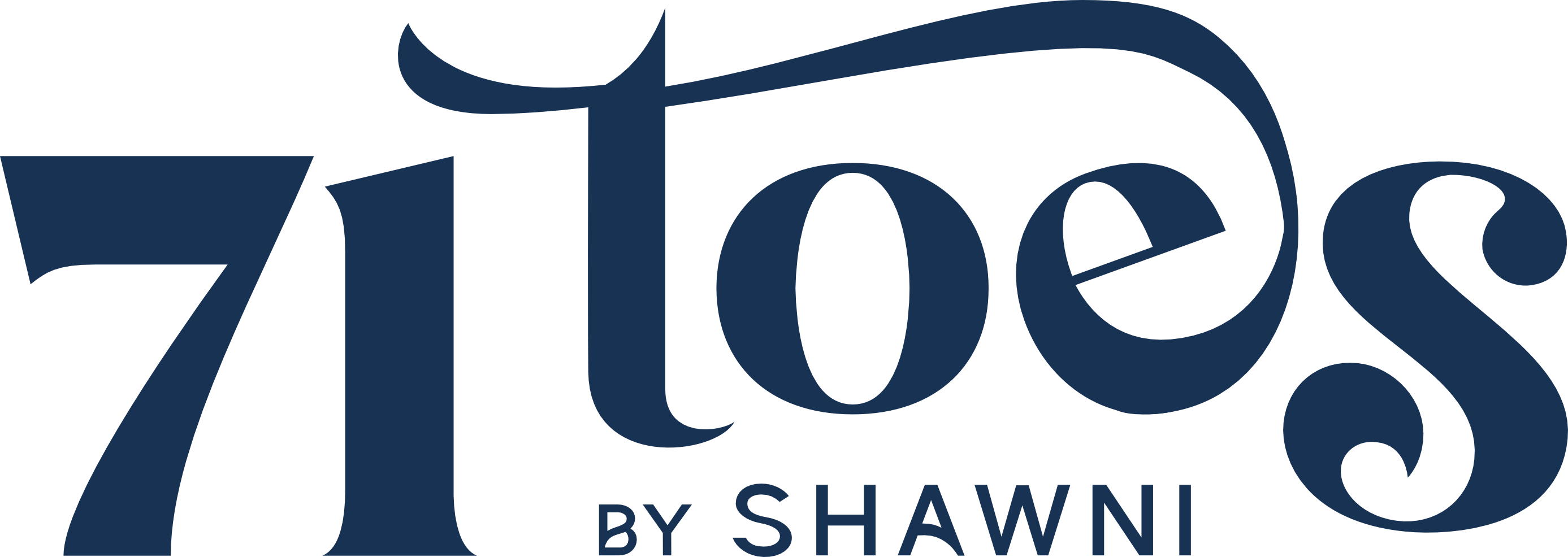
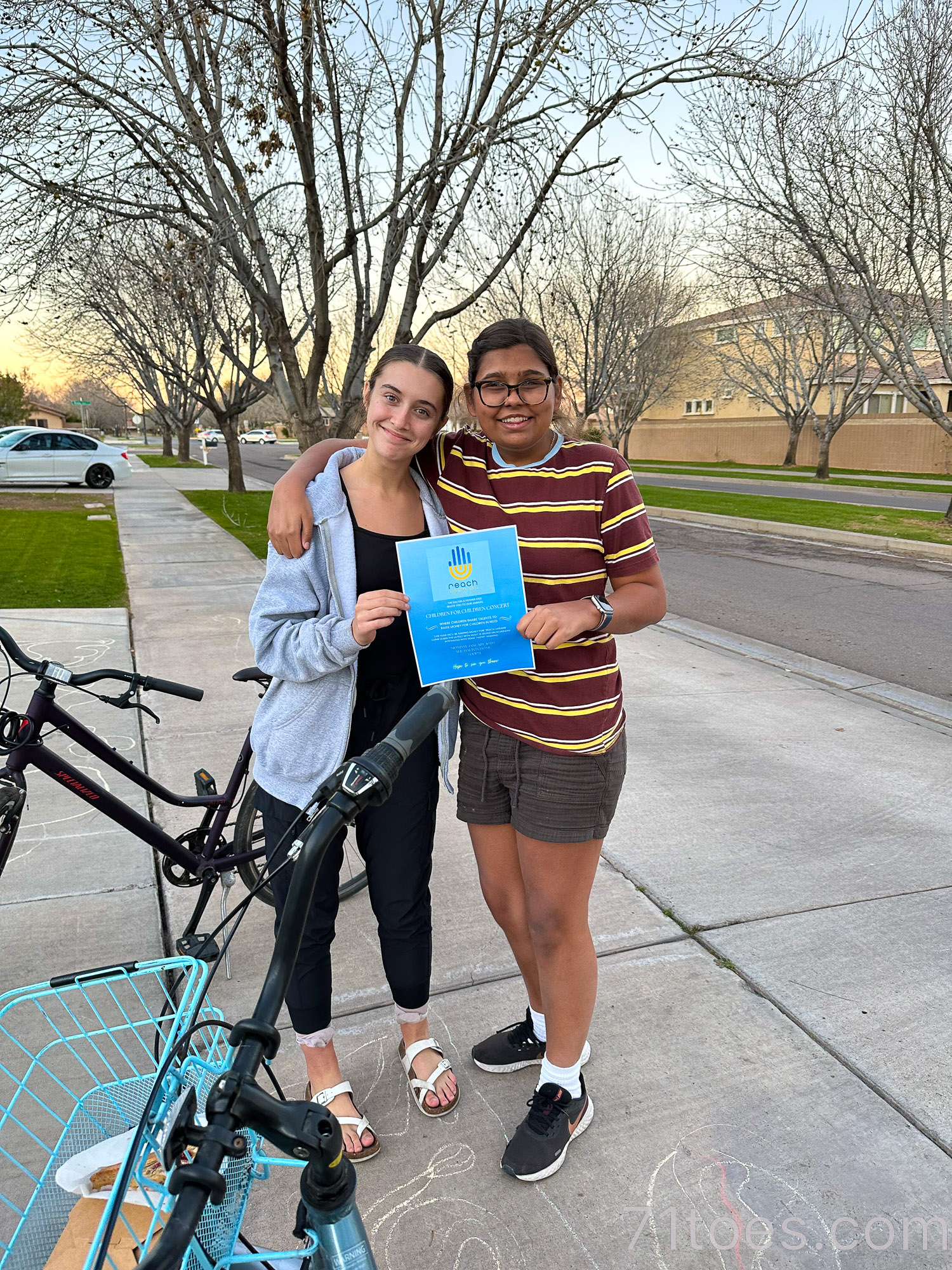
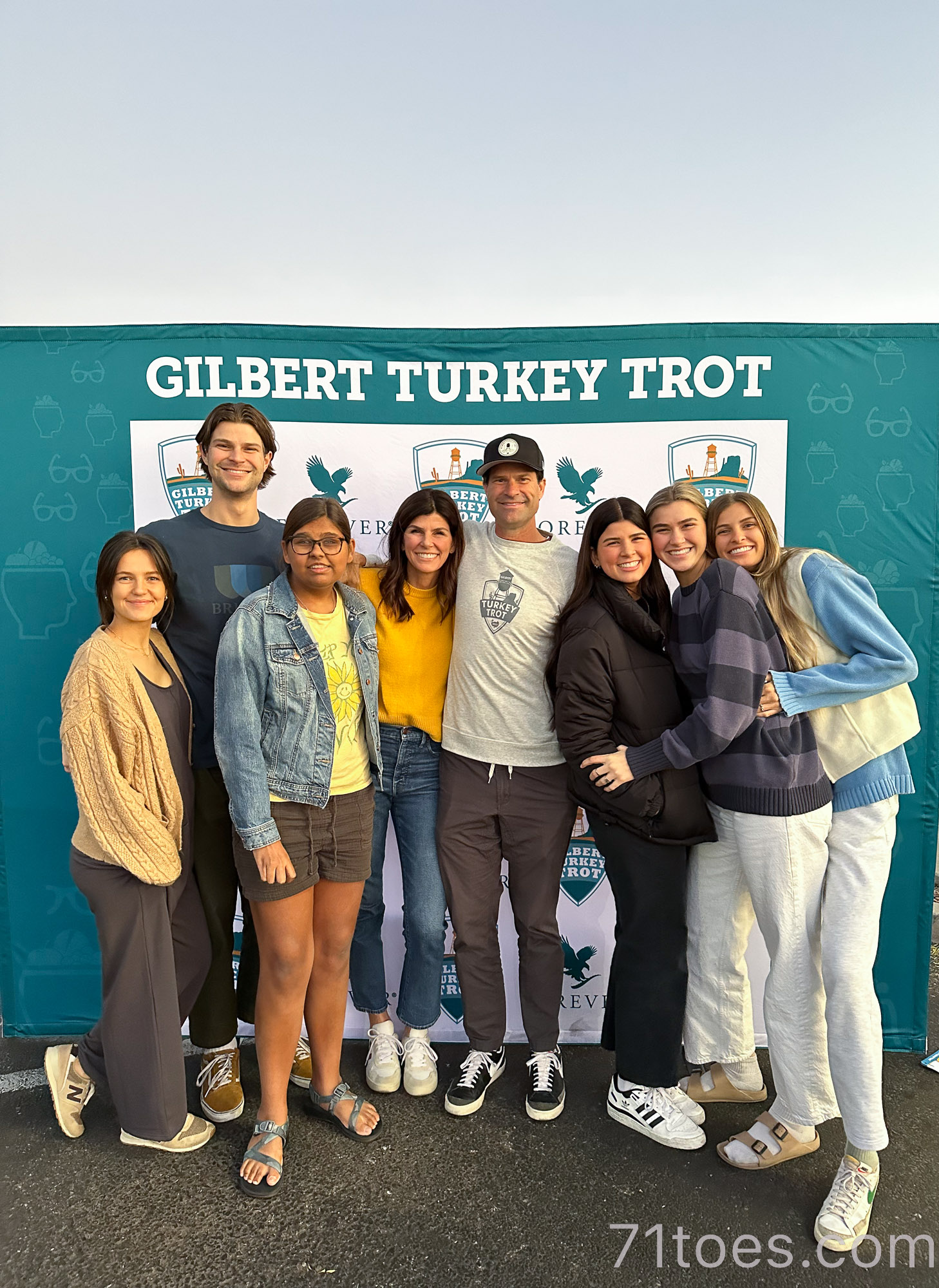
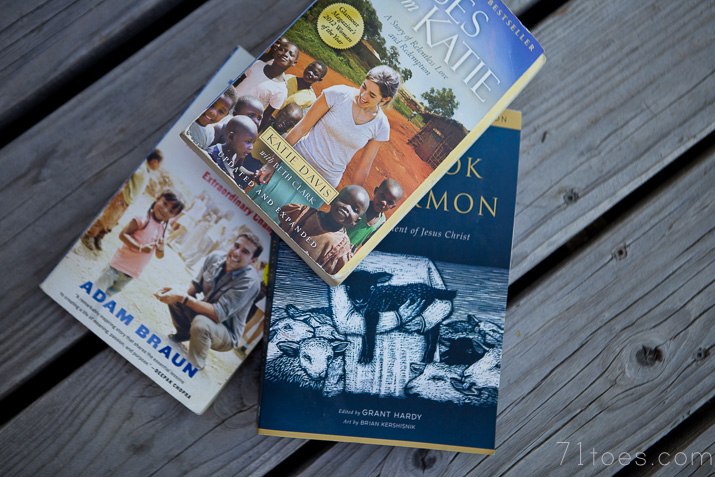
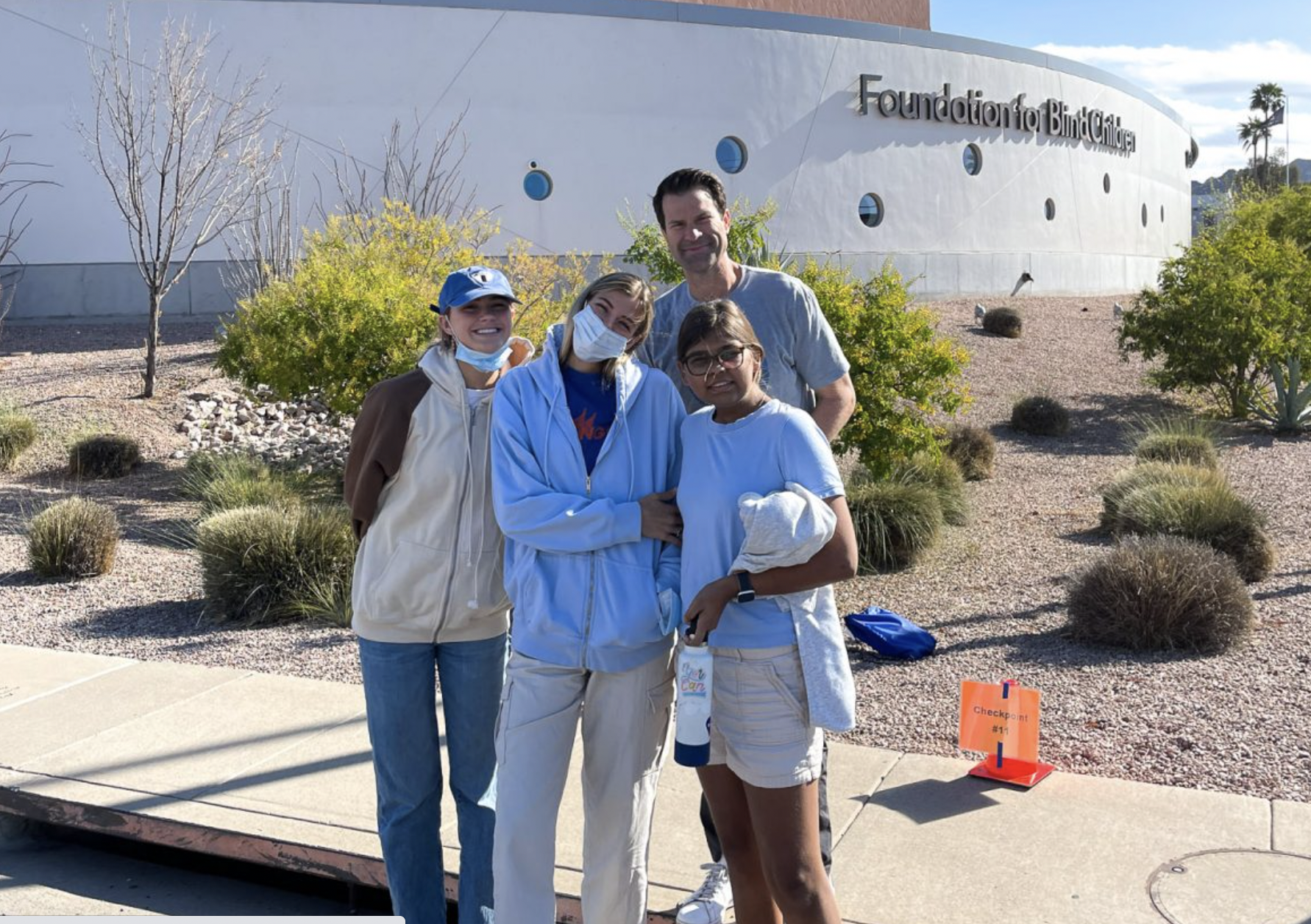
The most important thing for us is to be the case study that they can learn from.. Model in your own “old adult” life what you are hoping to see in your “young adults.” (I put “old” in quotes because you are not old! :D, but you know what I mean). Then discuss how you made the decisions to change in your own life. However! You also must listen to what they say about what might be different in their own lives that would make following your example difficult. Model flexibility!!
This is all theory because my children are small. But I believe that parenting is done when your kids are grown-up. This does not mean that you don’t pray for them or give advice etc. or stop being their parent. But it does not come from a parent-child-relationship, but from an adult-adult-relationship.
And I’ll talk to you in 12 years. :-😀
Something I talked about when I was a teacher of teens and and as a parent is that “fairness is not sameness”…..kids need different things as those may change as they grow older. Even as they grow into adults.
I’m not a mom of adults, so I don’t have personal experience there. I do have some observations that I’ve gleaned from being married and watching both sides of parents work through this transition. My thoughts are mostly about other adults marrying in.
When someone marries into a family – it can be a transition. They often have new insights and ideas. They were raised with different traditions and ways to function. As new members have joined my immediate family, I’m seeing that they often help heal what was a weakness or a low spot in our family. They fill in that space with their experience and love. When I started to see it, it made me love them more. They are there to help us get home…to become who the Lord needs us to be. They are another piece to the puzzle. And likewise, I notice that in my husband’s family – it’s the same. My life experiences have lent help and change in his family. Same with the other in-laws who joined in. Your kids are doing the same in their in-law situations, just as those who have married in are shaping your family.
We have gone through some rocky spots on both sides, adjusting and trying to find what works for our extended family. I will say that I am grateful that we’ve moved past the “she’s an in law” comments or feelings. That my comments or ideas don’t have a place during trip or holiday planning. That was really difficult for a while. Once the value of new insight is embraced, it can be a game changer. ❤️ (for both parent and child/in-law)
I’m so glad you commented. I absolutely love your very wise perspective! Thinking of in laws as missing pieces to the family puzzle is likely exactly what God had in mind! Thank you for sharing.
That is such a wonderful book. I was left with the thought of what would have happened if he hadn’t had passed. Thanks for highlighting his mom’s focus on education. I had forgotten that!
I am 36. When I was 29 and engaged to be married, my mom called and asked why I hadn’t sent out a wedding invitation yet to a neighbor. I broke down and cried about how overwhelmed I was. I was working rotating off shifts and didn’t know how I was going to move out of my apartment that weekend while exhausted and working two 12-hr graveyards. The wedding invitations had fallen down the priority list and I wouldn’t be able to even think about them until next week at the earliest. The wedding was approaching, though, and guests were starting to wonder where their information was.
The next thing I heard from my mom was a text a couple of hours later saying she was on the road and she’d be there in 8 hours. As I worked and slept that weekend she packed up everything in my apartment and drove it over carload by carload to the new place where my husband and I would be living together. Even though I have 18 years of memories living under her roof, when I think about how much I love my mom, this example from my late twenties is always the first to pop in my mind.
I have a similar experience with my parents. Just dropping everything (they have a farm on the other side of the country, so that is no small task) to be there when I most needed it. It spoke volumes of what I was worth to them. More than the cost and time to travel, the care of the animals, their comfort…
Thank you for reminding me. 💕
My youngsters are now 26 and 29 and the older one lives on the other side of the world from me. It’s tricky (& sometimes exhausting) but I don’t take any decisions without thinking through what example I am setting for my children. For the record my husband and I have just done for our daughter what Liz’s mother did for her. My hope is that maybe one day they will do the same for their own children.
I have always been amazed by the way I educate the children of people in Europe and America
Cut the cord. Watch boundaries.